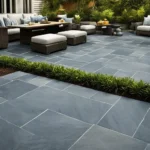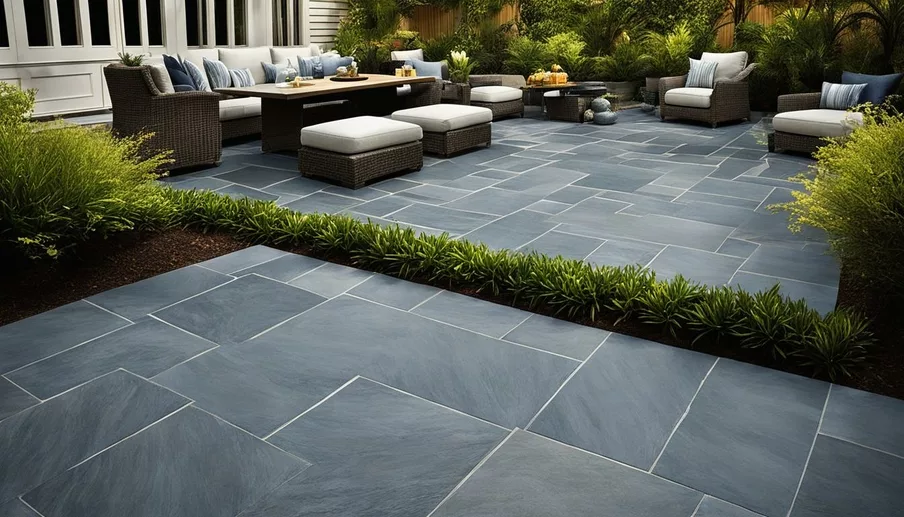When looking for the best kitchen sinks Sydney, the material is very important because it affects how long it lasts, how it looks, and how well it works overall. Two of the most popular options, granite composite and stainless steel, each have their own benefits. Which one you choose will rely on your personal tastes, way of life, and kitchen design. This comparison will help you choose the right material for your needs.
Stainless Steel Sinks: Timeless and Versatile
Advantages of Stainless Steel Sinks
- Durability and Longevity
Stainless steel sinks are known for their resilience. They resist rust, stains, and corrosion, making them an ideal choice for busy kitchens. They are strong enough to handle heavy use and hits from pots and pans without denting easily, especially if they are made of a higher gauge (thicker steel). - Modern Aesthetic
Stainless steel has a clean, modern look that goes with a wide range of cooking styles, from modern to industrial. Its shiny surface makes it look a little more expensive, and it goes well with stainless steel tools. - Lightweight and Easy Installation
Stainless steel sinks are lightweight compared to granite, making them easier to install in various countertop materials, including laminate and wood. - Affordable
Stainless steel sinks are generally more budget-friendly, offering excellent quality at a range of price points. This makes them accessible to homeowners with different budgets. - Low Maintenance
To clean a stainless steel sink, all you have to do is wipe it down with a wet cloth or sponge. Because it doesn’t have pores, germs can’t grow on it, so your kitchen stays clean.
Drawbacks of Stainless Steel Sinks
- Noise Levels: When water hits the top or dishes are put in a stainless steel sink, it can make more noise. However, sound-dampening pads can significantly reduce this issue.
- Scratch Visibility: While durable, stainless steel can scratch over time. Polishing or opting for a brushed finish can minimise the appearance of scratches.
Granite Composite Sinks: Durable and Stylish
Advantages of Granite Composite Sinks
- Aesthetic Appeal
Granite composite sinks offer a natural, sophisticated look that enhances kitchen spaces with their luxurious texture and matte finish. They come in a variety of colours, from classic black and white to earthy tones, allowing for greater customisation to match your kitchen decor. - Superior Durability
Made by blending natural stone with resin, granite composite sinks are extremely durable. They are resistant to chips, scratches, and stains, ensuring they maintain their appearance for years. - Quiet Operation
Granite composite sinks are naturally sound-absorbing, reducing noise when washing dishes or running water. This makes them ideal for open-concept kitchens where noise control is important. - Heat and Impact Resistance
Granite sinks can handle high temperatures, which makes them great for using with pots and pans that are very hot. They are also less likely to crack or dent compared to other materials. - Non-Porous Surface
The smooth, non-porous surface of granite composite sinks resists bacteria, mould, and mildew, ensuring a hygienic workspace.
Drawbacks of Granite Composite Sinks
- Heavier: Granite sinks are significantly heavier than stainless steel, requiring reinforced countertops and professional installation to prevent structural issues.
- Higher Cost: Granite composite sinks are more expensive upfront, but their longevity and aesthetics can make them a worthwhile investment.
- Maintenance: While relatively easy to clean, granite sinks require non-abrasive cleaners to prevent dulling or damage to the surface.
Factors to Consider When Choosing
- Budget: If affordability is a priority, stainless steel sinks may be the better option. However, granite sinks provide exceptional value in terms of aesthetics and durability if you’re willing to invest more upfront.
- Kitchen Style: Stainless steel works well in modern, minimalist kitchens, while granite is perfect for traditional, rustic, or luxurious settings.
- Usage and Maintenance: For high-traffic kitchens, stainless steel offers low-maintenance durability, while granite composite adds style with resistance to wear and tear.
- Noise Control: If noise is a concern, granite sinks have a natural advantage, but sound-dampening features on stainless steel models can address this issue.
- Installation: For easier installation, lightweight stainless steel sinks are preferable, while granite sinks may require professional help due to their weight.
Making Your Decision
Both stainless steel and granite composite sinks bring unique benefits to your kitchen. Stainless steel is versatile, durable, and budget-friendly, making it an excellent choice for most households. Granite composite sinks, on the other hand, add a touch of class and are very long-lasting, making them perfect for homes who want to improve the look of their kitchen.
Ultimately, the right sink depends on your specific needs, kitchen aesthetic, and budget. Whether you prioritise functionality, style, or long-term value, you can’t go wrong with either choice.










